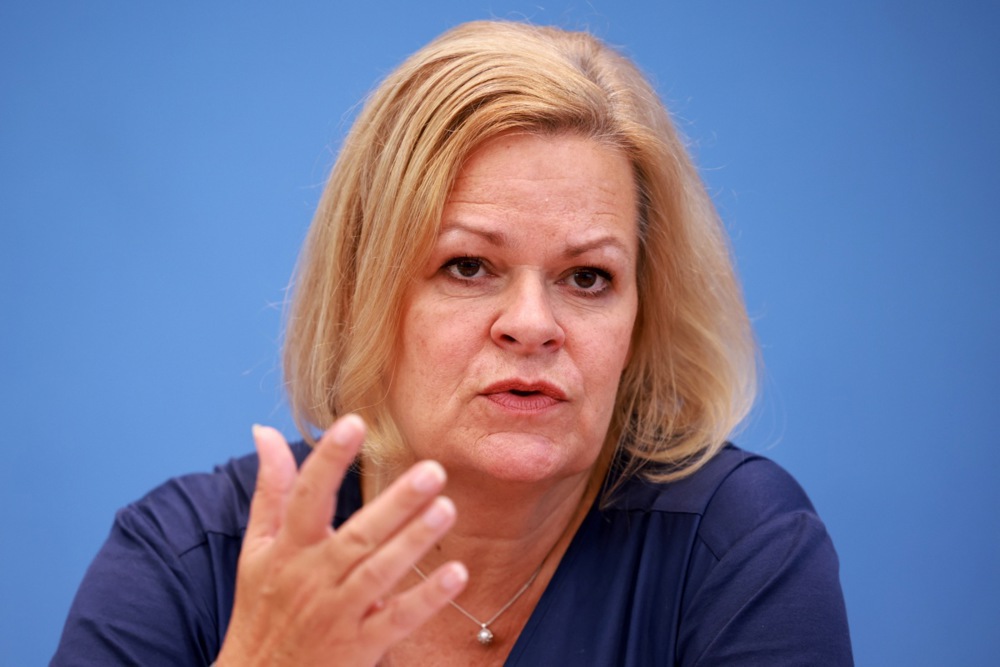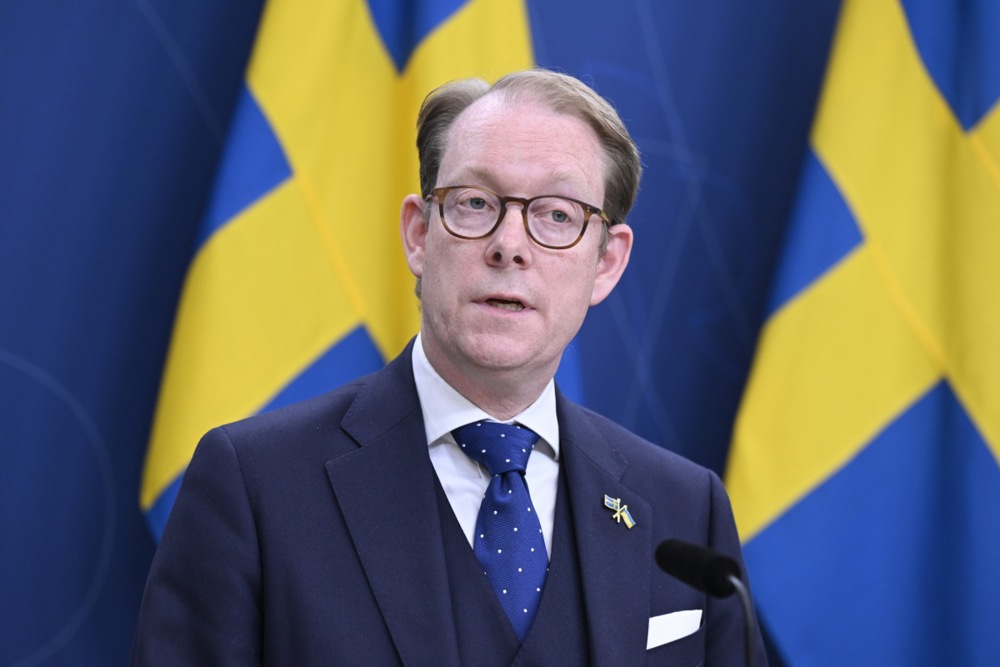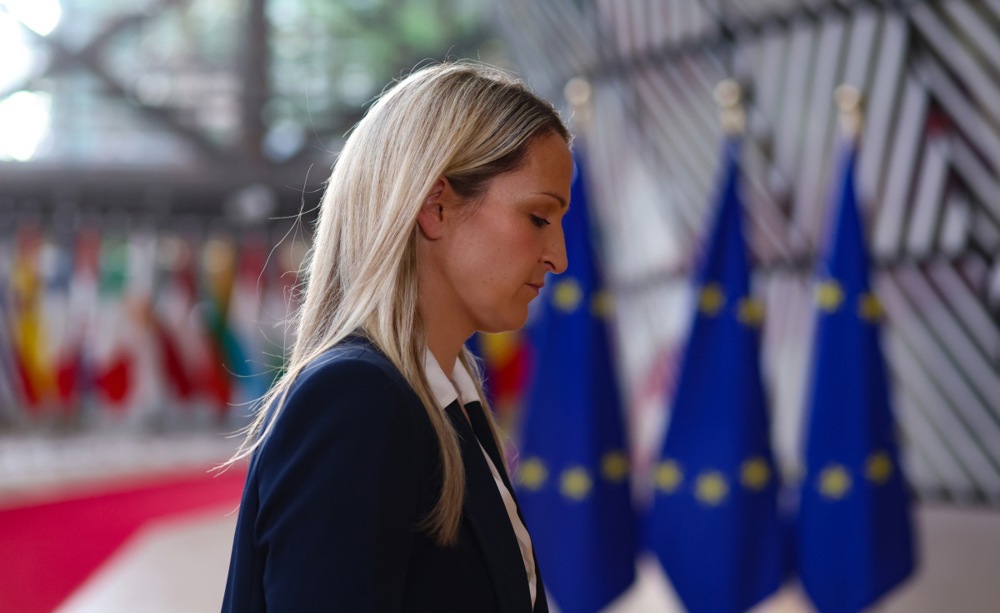Finance Minister Antoine Armand has sounded the alarm on the French budget, warning of the “very serious situation” facing France.
Speaking to radio station France Inter on September 24, Armand said: “Apart from one or two years of exceptional crisis in the last 50 years, we have one of the worst deficits in our history. The situation is serious.”
He said he wanted to hold talks with social partners and hash out a plan to restore public finances. Patrick Martin, president of Medef, a major employer organisation, said he and his group were “ready to talk” but under certain conditions.
France is facing “a serious slippage in public finances” over a €16 billion spending increase, ministers in the country have warned. https://t.co/sQm21v9fGK
— Brussels Signal (@brusselssignal) September 4, 2024
Armand also stressed he did not want to increase taxes on the middle classes in the country.
“It’s my job, it’s my mission, and I care about it very much, because it’s the basis of the social contract,” he added.
Earlier, Prime Minister Michel Barnier had indicated that the wealthiest might face a tax increase.
The finance minister confirmed that, saying targeted levies on the wealthiest households were “being studied.” Such levies on companies were also under consideration, he said.
“People who have very large assets, who sometimes don’t pay a lot of tax, maybe they can contribute more.”
“We’ll look at it in the next few weeks. The Prime Minister will decide.” Armand then repeated Barnier’s promise that there would be no increase in taxes for the middle classes.
He pointed out that the policy pursued for several years was centred on ensuring that work pays. Therefore, those who relied solely on their income or salary to live and who struggled to afford housing and food should not be penalised.
Armand said “given the seriousness of the budget situation” he wanted to figure out “how everyone can contribute intelligently.”
“My job is to ensure that any potential levies that may be introduced do not hinder growth or job creation.”
According to the previous finance and budget ministers, Bruno Le Maire and Thomas Cazenave, France was on its way to having a budget deficit rising to 5.6 per cent of GDP, well above the French target of 5.1 per cent for 2024.
French national debt totals more than €3,000 billion or approximately 110 per cent of gross national output. The European Union limits public debt to a maximum of 60 per cent.
Ultimately, France is supposed to get its finances in order and reduce its deficit to three per cent of GDP by 2027, in line with the European Stability and Growth Pact.
The country’s dire budgetary situation has caused the EU to include it in an Excessive Deficit Procedure and it has now been forced to take measures to address its public finances situation.
If it does not succeed in making sufficient progress or ignores the body’s recommendations, in theory, France would risk hefty fines and serious international reputational damage, leading to further problems.
The administration is scheduled to propose a draft budget for 2025 at the beginning of October to attempt to set out the recovery plan for its public finances.
The French Court of Audit has published a critical report on the Universal National Service, President Emmanuel Macron’s civic-military programme, highlighting what the court called significant issues in its management and financial planning. https://t.co/8k7taUYeVW
— Brussels Signal (@brusselssignal) September 16, 2024
To fix the budgetary problems, the government will have to compromise with either left-wing or right-wing groups in parliament. Neither has been keen on cutting spending.
On the Left, the New Popular Front suggested a so-called “de-indexation” of the highest tax brackets on inflation or the increase in the flat tax rate on capital income, currently at 30 per cent. That has gained favour among some of French President Emmanuel Macon’s Renaissance party.
Asked on the morning of September 24 about his willingness to work with all the political groups, Armand rejected the idea of working with the National Rally (RN) out of hand.
This led to an angry reaction by the RN’s de facto leader Marine Le Pen: “When I hear Antoine Armand, this morning, who explains that his door will always be closed to RN deputies while we only have the budget coming, I think that the Prime Minister must go and explain to all his ministers what the philosophy of his government is, because it seems that some have not yet fully understood.”
Je souhaiterais que la philosophie exprimée par le Premier ministre – de respect de l'ensemble des forces politiques – soit partagée par l'ensemble de ses ministres. Il semblerait que certains n'aient pas encore totalement compris. pic.twitter.com/3m1jQNgtgM
— Marine Le Pen (@MLP_officiel) September 24, 2024
After a phone call in which Barnier reminded Armand to respect all political forces, the French Government announced that the minister would receive “all the political forces represented in parliament” about the parlous state of public finances.
He added that would soon “invite each group president … to discuss the economic and financial challenges of the country.”





